It’s been 10 years since Amnesia altered the course of horror games forever. Survival horror like Resident Evil has never disappeared, but alongside it came a new generation of defenseless “hide-and-seek” horror that exploded onto the scene with Amnesia: The Dark Descent.
A decade later, Frictional Games has returned to the series that gave the small Swedish team their credentials as maestros of a wicked symphony. That proposition implies the team has something important to say, and when the credits roll on Rebirth, the message is clear.
Though Rebirth doesn’t vault over the horror heights set by its predecessor, it also seems less concerned to do so in the first place, and its story cements it as something uniquely unforgettable.
Amnesia: Rebirth Review: You Won’t Soon Forget It
By the end credits, you’ll notice a consistent tension in your jaw as you’ve actually been gritting your teeth for seven or eight hours.
Amnesia: Rebirth opens with the added flair you’d expect to find in a sequel 10 years in the making. Rather than simply having your character, Tasi Trianon, waking without memory like Daniel in Brennenburg Castle, her journey into an unforeseen hellscape begins in a plane crash over the Algerian desert.
Awakening from the crash to find her entire crew of engineers, a doctor, and even her husband and professional partner have disappeared, Tasi has the familiar task of piecing together what happened using only the clues she may find along her travels.
The desert’s scorching conditions are at once unforgiving and unique for the series, which to date has never had to render daylight. Midsommar proved daylight horror as a concept, but here, Rebirth uses these outdoor sequences only for puzzles and extended story beats. It’s in the dark depths of caves, abandoned armories, and otherworldly habitats where Frictional scripts all of its scares.
Those scares, however, are fewer in number and more forgiving than those in The Dark Descent.
Rebirth starts slow in that regard, with about an hour between the game’s opening desert disaster and its first attempt to scare the pants off of you. By the end credits, you’ll notice a consistent tension in your jaw as you’ve actually been gritting your teeth for seven or eight hours. But it’s often just that, a tension, less rarely a sense of pure terror.
That’s not to say Rebirth never hits the horrific highs of the series’ original game. It’s just those moments don’t come as often, and they sometimes feel more scripted, like chase sequences designed for your survival on a first try if you properly follow the game’s well-crafted level design cues.
Frictional also seems to have added some mechanics that make the game less frustrating at the expense of some of the horror.
Like before, navigating through the darkness makes up a large portion of the gameplay in Amnesia: Rebirth, and you’ll rely on quickly-extinguished match sticks and an oil lamp with its own dwindling reserves to get through the harsh darkness.
In The Dark Descent, if you ran out of these visual aids, you were stuck pushing sightlessly toward the next literal light at the end of any given tunnel.
In Rebirth, Tasi’s eyes seem to adjust to the dark better, and after a moment, you can sort of feel your way along walls with more visibility than before. You’ll still need to contend with her Fear levels (replacing the series’ Insanity meter), so sticking around in the dark for too long isn’t viable. Still, it’s no longer as daunting to cross the darkness seeking the next fleeting moment of respite.
The most dramatic shift in how the game aids players at the expense of some scares comes when you hit fail screens multiple times in one section. Rebirth seems to reload Tasi’s whereabouts and puts you on the path to freedom as a way of preventing you from replaying the same area over and over.
It could be frustrating to replay a section countless times, no doubt, but the system here ends up feeling a bit like a cheat code. Twice in the game’s scariest sections, I was lost amid encroaching horrors and died a few times only to respawn at what I’d call the 90% marker of a level. From there, I merely had to push ahead to the obvious exit.
These feel like smart accessibility options for those that don’t want to replay sections over and over, like Frictional has data confirming some players ditched the earlier games when they couldn’t make it through certain chapters. But in all cases, the most hardcore of horror fans will find these helpful nudges take away some of the game’s most terrifying sections because they lessen the blow of failure.
The final choice it asks players to make provides for the same sort of internal philosophical debate that Frictional’s masterclass SOMA did.
It seems it’s a tradeoff the studio is happy to make because the story in Rebirth is its best attribute and deserves to be finished by everyone. Tasi’s adventure into darkness is familiar in its methods but unique in its details.
You’ll still find notes to recall little bits of the past you’ve lost, you’ll stumble upon grim scenes of explorers that long predate you, and loading screens tell their own secondary plot of Tasi and Salim’s life before the crash. These are the tools of every Amnesia game, but Frictional manages to fill them in with details that haven’t been seen before.
Though the story feels inspired by some other horror fiction, it’s never more than that. Nothing here is homage or heavy-handed reference. Frictional is a studio that expertly understands horror as a genre, both using and subverting tropes in fascinating ways. As a result, Rebirth feels wholly original and treads ground that few ever do in games.
It’s hard to say more than that because the game has a few story beats that totally alter things early on, and you should witness them for yourself. It all unfolds like an irresistible novel, and even as the game would dare me to move through its threatening world, I did so almost entirely in one long sitting because it’s so well told and unlike anything I’ve seen in the genre, games or otherwise.
I can thus only speak in more vagueries to its ending. But it’s on that has stuck with me obsessively since I hit the credits days ago. Offering multiple endings is new to the series, and though I only saw one of them, the final choice it asks players to make provides for the same sort of internal philosophical debate that Frictional’s masterclass SOMA did. Albeit, Rebirth‘s does so with a much more personal proposition at the center of its thesis.
Behind me is the part of Rebirth where I live through its foreboding caves and unforgiving deserts, but lying ahead is a long road of inescapable internal anguish over my actions in the game’s final moments. Amnesia: The Dark Descent has Rebirth beat in a measure of fear, but in its story, Rebirth makes a strong case for being the best game in the series.
Amnesia: Rebirth Review — The Bottom Line
Pros
- A gripping story that will stay with you for a long time
- Alternate endings via a final choice that may prove paralyzing
- An ever-shifting setting that feels original to the genre
Cons
- More relenting and forgiving than the original
In a crowded month of new horror games, Amnesia: Rebirth could go down as the scariest of the bunch, even as it doesn’t hit the mark of its genre-defining predecessor. In an effort to get everyone to the finish line of its fantastic story, this sequel is more forgiving than you may expect, but that’s not to say it’s a far cry from the horrors that put the studio on the map.
It’s just clear this time, like it was in SOMA, that the horrors are supplementary to a masterful narrative that takes center stage, which further cements Frictional Games as one of the most reliable creators in both the medium and the genre.
[Note: Frictional Games provided the copy of Amnesia: Rebirth used for this review.]


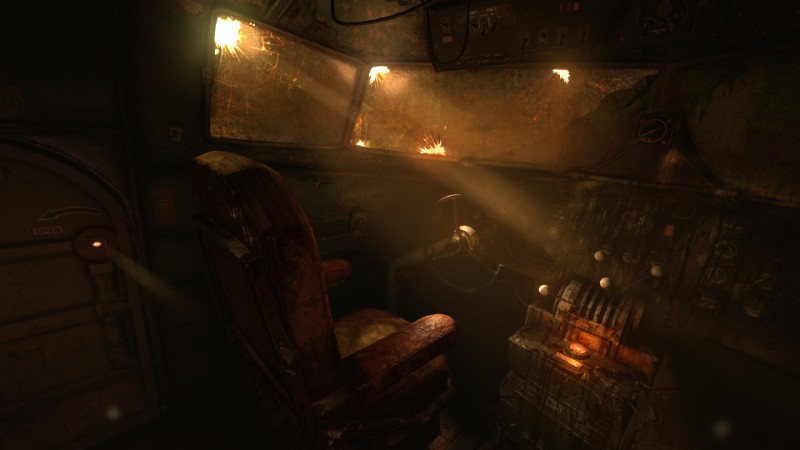
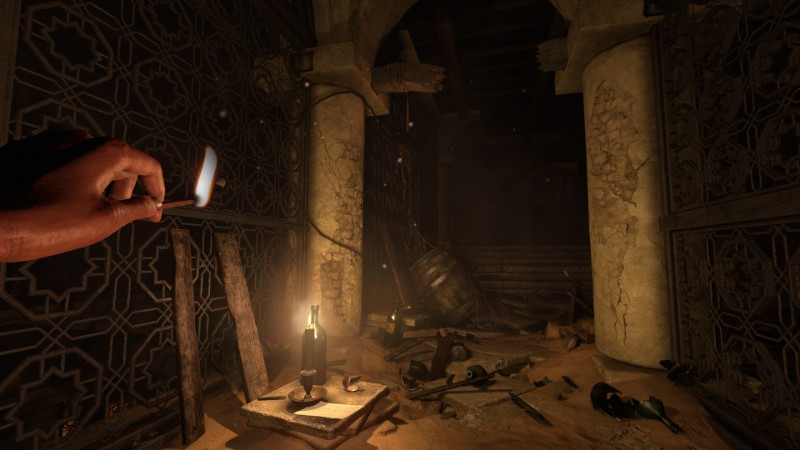
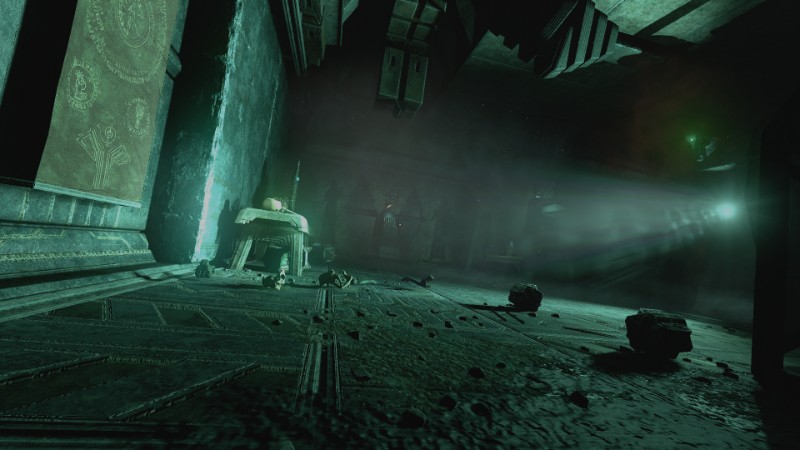
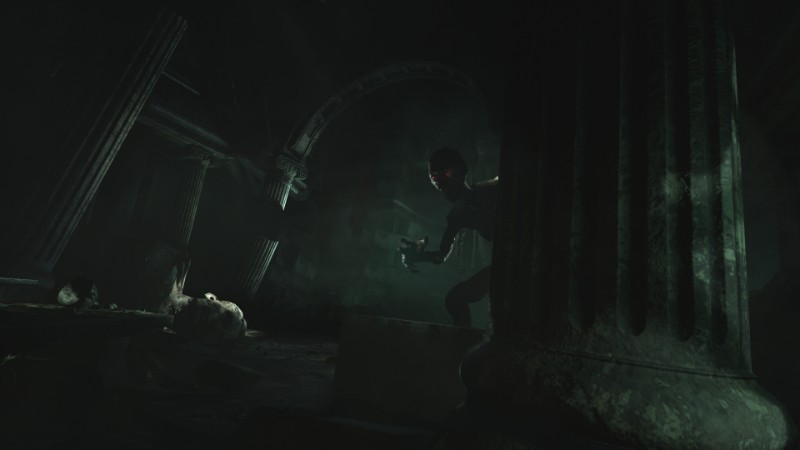





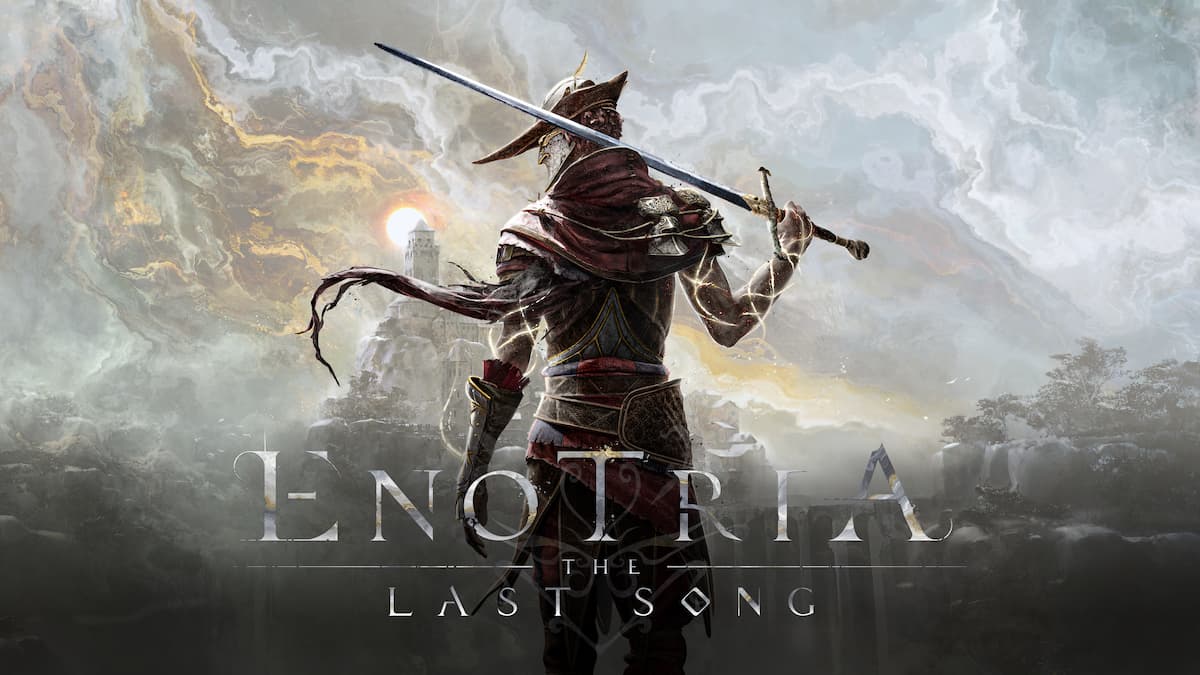
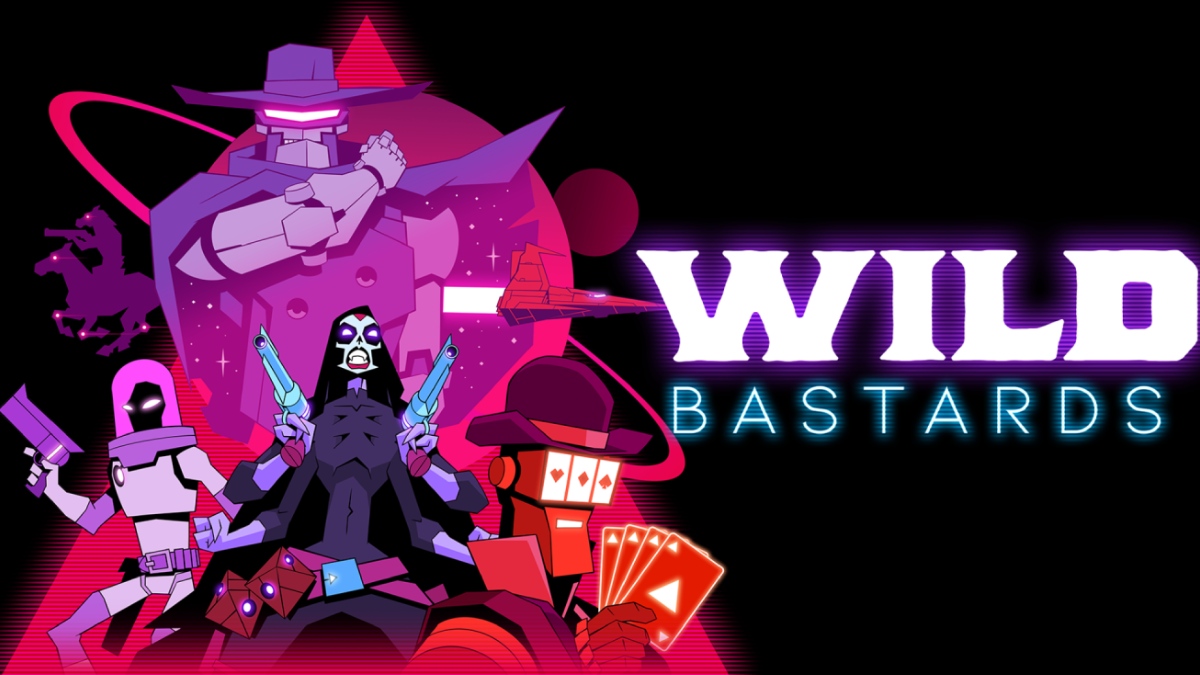

Published: Oct 19, 2020 12:45 pm